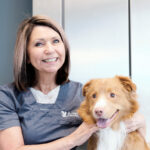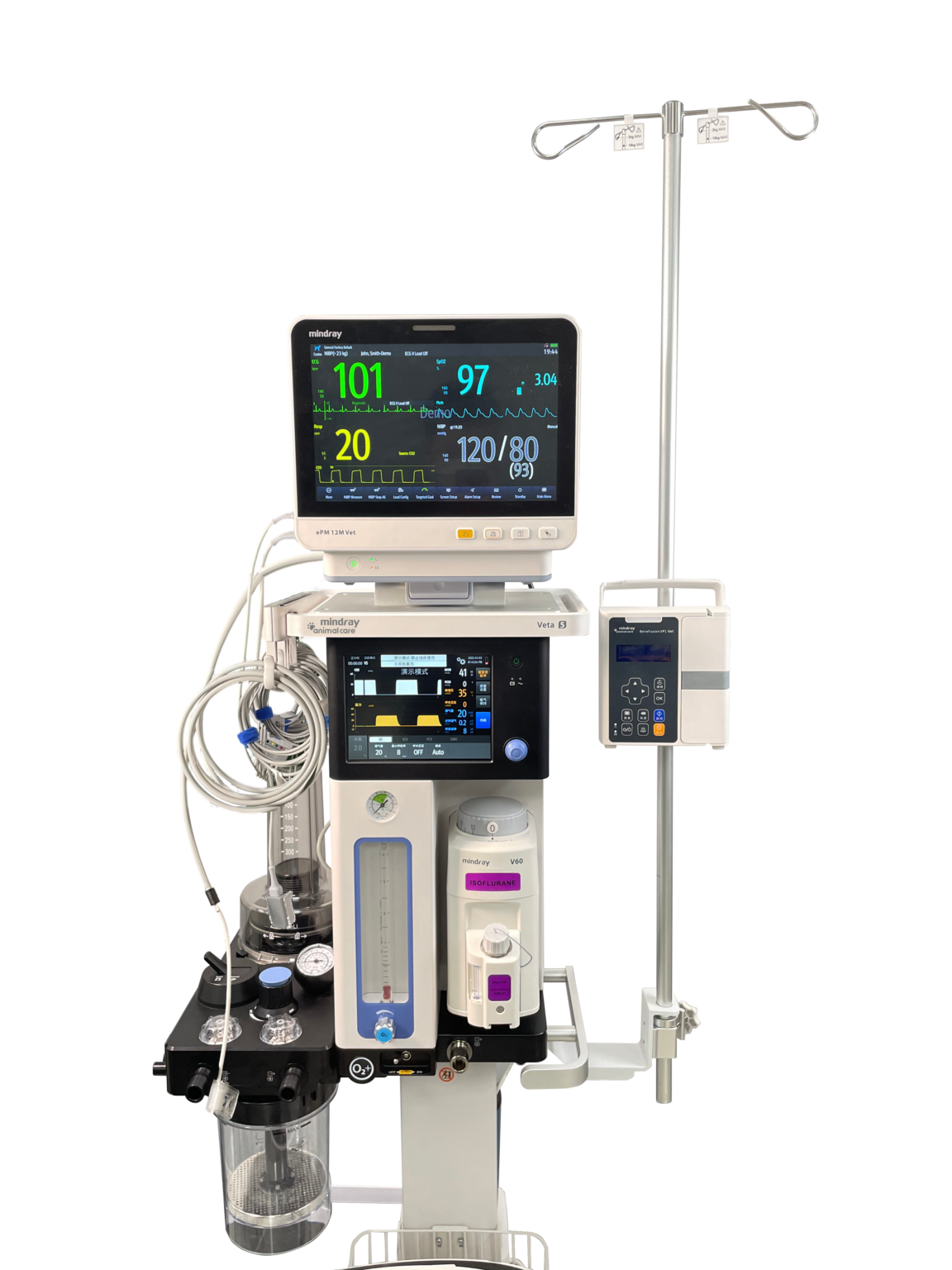Eye disorders in Shih tzu
Eye disorders in Shih tzu
Shih Tzu is a very cute little dog breed that adores everyone with its dark eyes and modest size. These dogs have a very special charm that makes them irresistible to many dog lovers. Unfortunately, there are also some health concerns associated with the Shih Tzu, especially when it comes to their eye health.
The Shih Tzu breed is known to be predisposed to a number of eye disorders which can lead to chronic irritation and pain. This is partly due to their unique anatomical characteristics. The Shih Tzu is an extreme brachycephalic breed, meaning they have a shortened upper jaw and nose. This causes them to have a shallow eye socket with often prominent eyes.
Table of contents
prevention
It is important for Shih Tzu owners to be aware of potential eye problems and to take necessary precautions. Regular eye examinations at the vet are important to detect and treat any problems early. Although the Shih Tzu may be more prone to eye problems, this does not mean that all dogs of this breed will develop problems. Proper care and follow-up can help reduce the risk and ensure that your Shih Tzu remains happy, healthy and comfortable. With the right attention and veterinary care, these cute little dogs can continue to enchant us with their beautiful dark eyes for years to come.
Brachycephalic breeds include:
- pug
- English Bulldog
- Boxer
- Pekingese
- French bulldog
- Lhasa apso
- Shih Tzu
- Boston terrier
- Persian cat
The Shih Tzu is predisposed to many eye disorders
Due to the extremely short head/snout and the consequences it leads to anatomically, the Shih Tzu and the other brachycephalic dogs are predisposed to many eye disorders which can lead to chronic irritation and pain. Brachycephal ocular syndrome is seen in all brachycephalic breeds.
They can often have a combination of different lesions in the eyes such as:
- Protruding eyes (Exoplthalmos)
- Excessively long eyelids (Macropalpebrae)
- Reduced ability to close the eye completely (Lagophthalmos)
- Rolled-in lower eyelid (Medial entropion)
- Hair from the nasal fold settles on the cornea (Nasal fold trichiasis)
- Misaligned eye hairs (Distichiasis)
- Low tear production and or poor tear quality
- Pigmentary inflammation of the cornea (Keratitis)
- Long-term irritation of the cornea (Keratopathy)
- Too tight eyelid ligament
- Watery eyes
(Maggs et al 2008)
Avoid watery eyes
Extreme brachycephalic dog breeds such as the Shih Tzu are also vulnerable to damage to the eyeball during normal activity as well as prolapse of the eyeball as a result of the eye being shallow (Mould 1993, Bedford and Jones 2001). Unfortunately, the experience is that some owners let the dog walk with irritated, watery eyes for a long time without seeing a vet because they believe and have heard from others that they normally have watery eyes. And when the dog finally shows pronounced symptoms of pain, it may be too late for drug treatment.
Without treatment of the various disorders that lead to brachycephalic ocular syndrome, we will be able to get irritation of the cornea and surrounding tissue and this will cause constant discomfort, pain and in some cases blindness. Long-term irritation of the cornea causes sores (ulcerations) with pronounced pain, (Renwick 1996), scarring, pigmentation and blindness. Sometimes the eye can rupture.
See a veterinarian frequently
Surgical treatment can help. In recent years, a special surgical method has been developed for dogs with protruding eyes as a result of tight ligaments - the methodology has given good results. Otherwise, it is important to remove misaligned eye hairs that irritate, or reduce a nasal fold if it leads to chronic eye irritation. Despite the surgical intervention, many Shih Tzus will probably still need frequent visits to the vet for local treatment of the eyes. Other hereditary eye disorders in the Shih Tzu are PRA - progressive retinal dystrophy, cataract - thickening of the lens and vitreous degeneration. These eye disorders can be detected by eye lighting.
Elisabeth is a veterinarian and authorized ophthalmologist with specialization in eye surgery, as well as further training in internal medicine, general surgery, oral surgery and ultrasound from the European School for Advanced Veterinary Studies in Toulouse.
-
Elisabeth Bjørnestadhttps://www.a-vet.no/author/elisabeth_bjornestad/
-
Elisabeth Bjørnestadhttps://www.a-vet.no/author/elisabeth_bjornestad/
-
Elisabeth Bjørnestadhttps://www.a-vet.no/author/elisabeth_bjornestad/
-
Elisabeth Bjørnestadhttps://www.a-vet.no/author/elisabeth_bjornestad/


